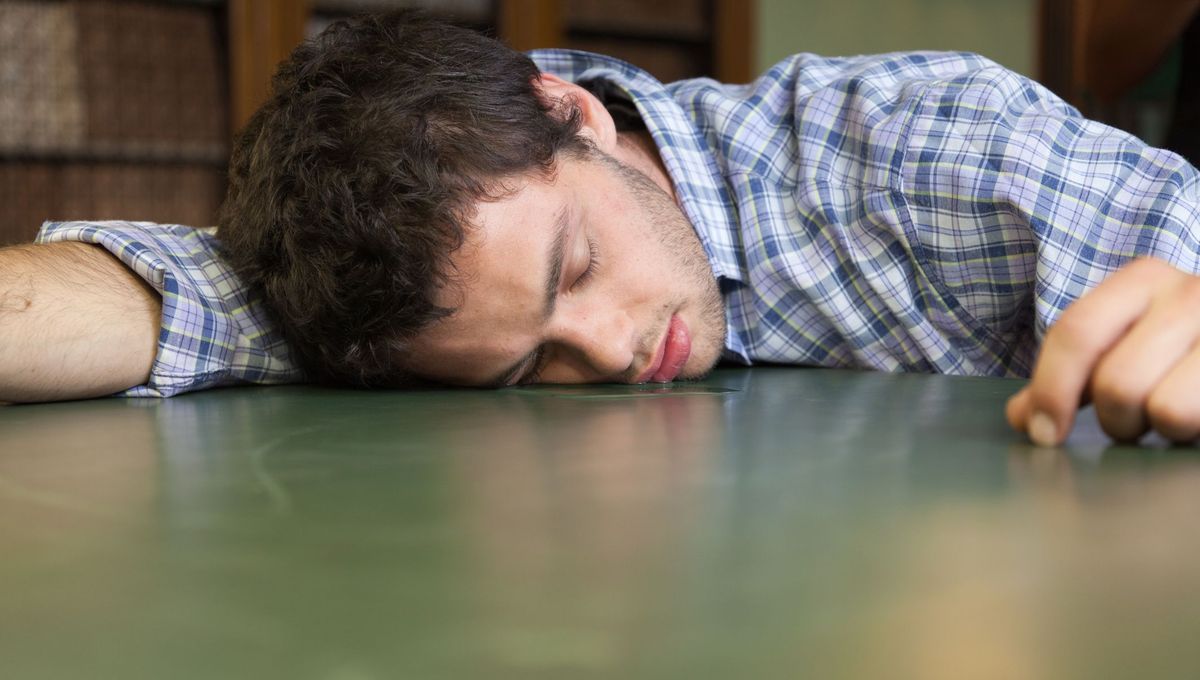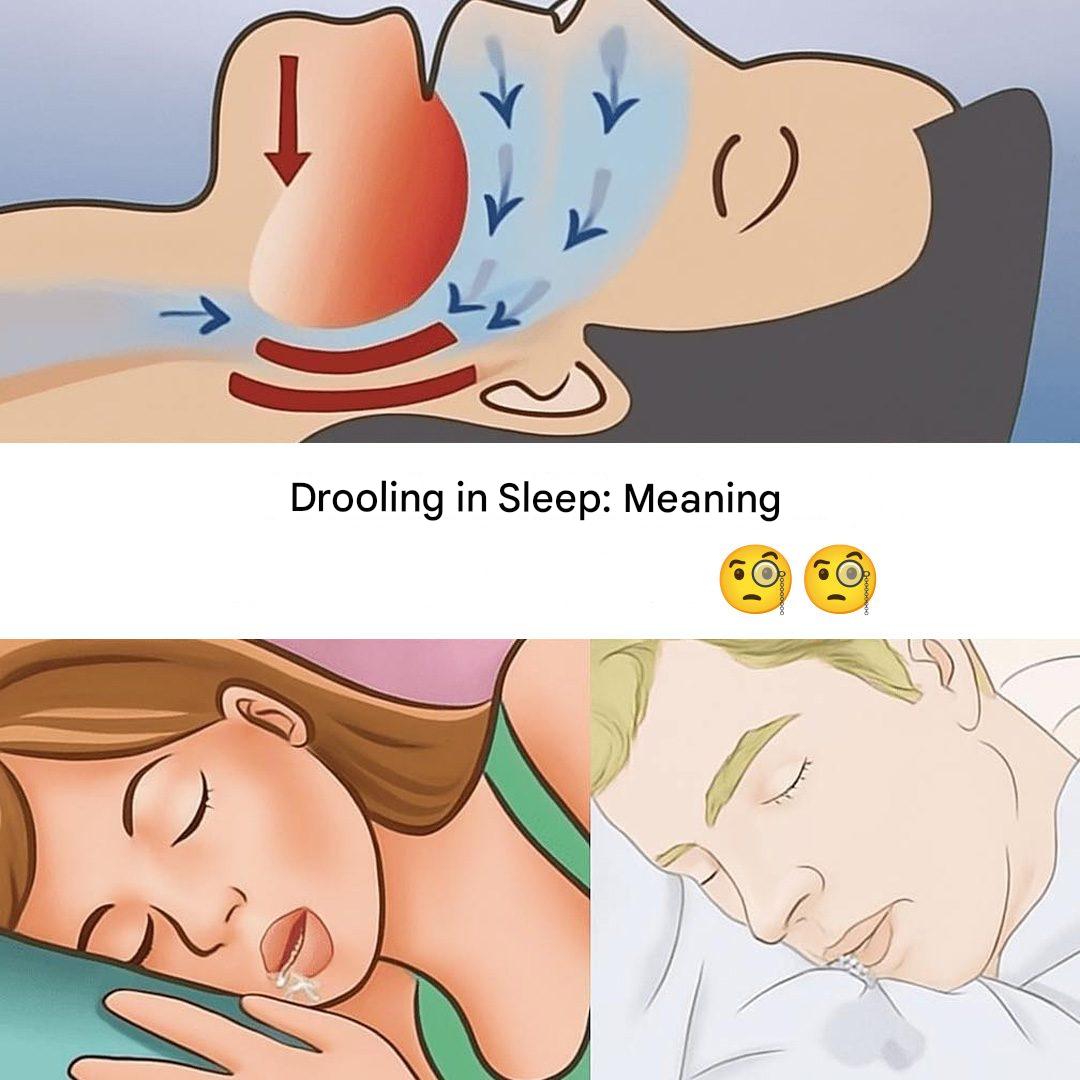Do you sleep on your stomach or on your side? It is the perfect position… to drool. Gravity plays a very simple role here: it pulls the saliva outwards. Conversely, sleeping on your back often helps to prevent this effect, as you swallow more easily unconsciously.
Changing sleeping habits is not easy. However, try to fall asleep on your back – with a suitable pillow – to reduce nighttime discharge. A little tip: An ergonomic pillow can make your new posture much easier.
A stuffy nose? And there is the culprit!
Another common – and less pleasant – cause of nighttime drooling is simply mouth breathing due to nasal congestion. Whether it’s a temporary cold, allergic rhinitis or a mild sinusitis – when the air can no longer flow through the nose, the mouth takes over. And an open mouth means uncontrolled salivation …
You can avoid this with a few simple steps:
- A seawater-based nasal spray before bed
- Steam inhalations or nasal rinses
- A humidifier to prevent the mucous membranes from drying out
A clear nose often means a dry pillow when you wake up!
Too much saliva? Yes, it is possible…

Some people naturally produce more saliva than others. However, this excessive saliva production can also have the following causes:
- Certain medications ( such as antihistamines or antidepressants) )
- Gastroesophageal reflux, often discreet
- Too abundant or too late Meals
If you notice that this is common, it may be helpful to see a doctor. It’s nothing to worry about, but it’s best to understand what your body is telling you (or in this case, “expressing”) you.
When should you seek advice?
